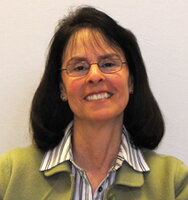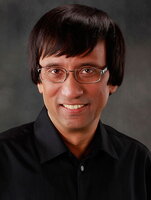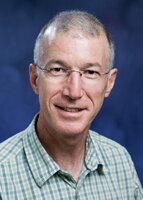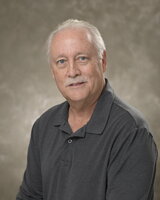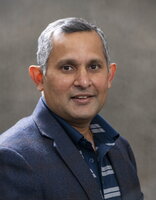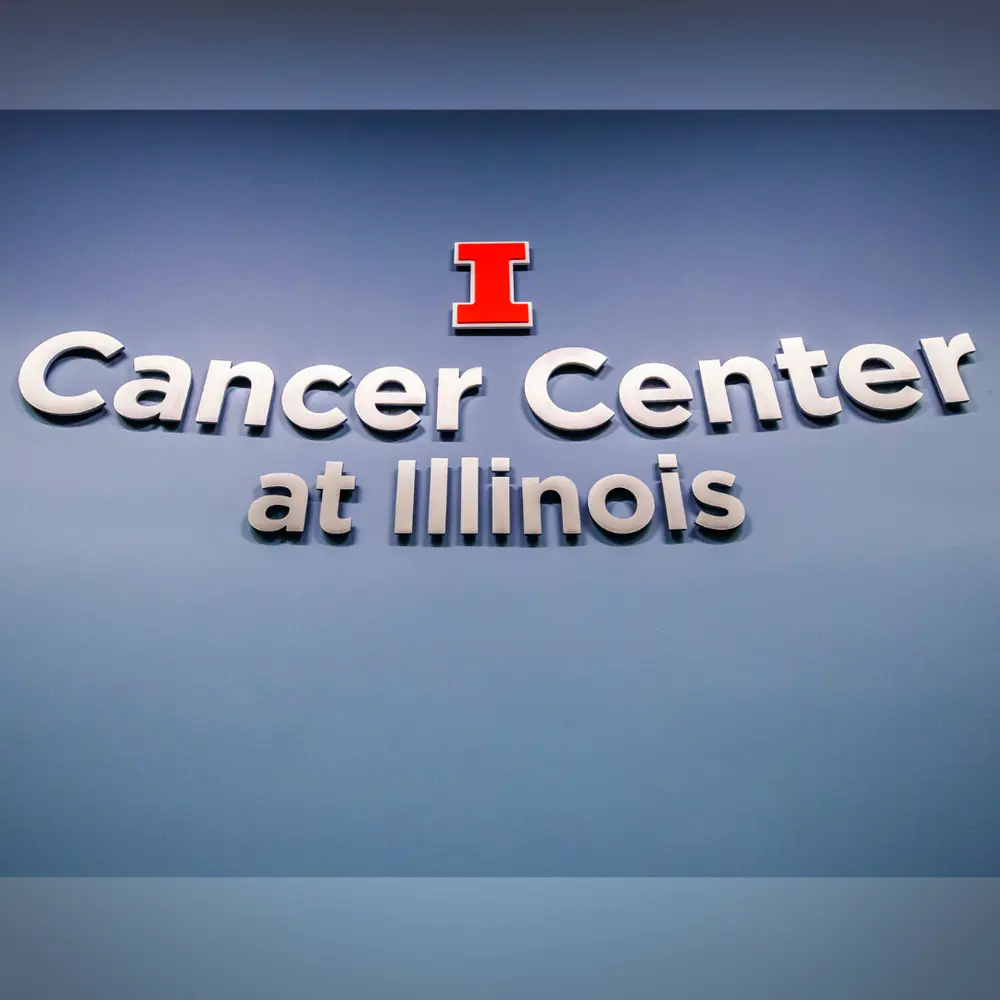
Several MCB faculty members are part of an exciting new campus unit known as The Cancer Center at Illinois. The Center is an interdisciplinary collaborative hub with more than 100 faculty members from departments ranging from kinesiology, human development and nutrition to electrical and computer engineering, as well as graduate students and postdoctoral researchers pursuing “cancer- related research.” The group has functioned as the Cancer Community at Illinois since 2011.
“Campus support is always helpful to have,” said Benita Katzenellenbogen, Professor of Molecular and Integrative Physiology and of Cell and Development Biology, of the center’s formal declaration. “It attracts outside money and it attracts additional colleagues. It allows for increased basic, translational, and clinical interactions.”
Erik Nelson, assistant professor of molecular and integrative physiology, agrees.
“As a group, we are stronger than as individuals,” he said. Nelson, who joined the faculty in 2014, focuses on breast and ovarian cancers. His most recent work found that a byproduct of cholesterol metabolism changes some immune cells and facilitates the growth of breast cancer.
Cancer research has been a major focus within MCB for decades. Faculty, including Katzenellenbogen, Nelson, Milan Bagchi, David Shapiro, David Kranz, K. Prasanth, Ed Roy and others, have long focused on understanding the biology of cancer and how to disarm it. However, cancer is a moving target. Often, once researchers figure out the mechanism of a given cancer and come up with ways to short circuit that mechanism, the tumor mutates or changes in a way to evade the cure.
“Cancers change as a result of treatment,” observes Katzenellenbogen. “That’s why there is lots of interest in combination therapies.We want to extinguish cancer with minimal side effects and often combining two or more agents or approaches is best.”
For this reason and many others, collaboration has been a byword of MCB’s basic research mission for a long time. As advanced techniques, from high throughput screening and CRISPR to imaging modalities have become both more common and more specialized, the creation of the Cancer Center will further streamline and catalyze efforts and strengthen collaborations across campus, across the country, and even around the world.
Bioengineering faculty member and Cancer Center director Rohit Bhargava has been leading the efforts to organize, but many MCB faculty, including Katzenellenbogen, Roy, Bagchi, Nelson and Kranz have helped by serving in leadership and advisory capacities.
“MCB faculty are integral to the success of the Cancer Center by driving its scientific and education programs, as well as collaborations. I am grateful for their service on our steering committee and leadership in establishing the center,” said Bhargava.
Under the auspices of the Cancer Center, faculty members have hosted seminar series, meetings and poster sessions to increase campus networking and connections with other places battling cancer, including the Mayo Clinic and Carle Hospital.
MCB faculty collaborate with one another, and they collaborate with imaging experts who have developed “spectroscopic expertise and highly discriminating tools,” as well as others in nutrition, for example, such as Zaynep Madak- Erdogan, and with chemists at Illinois, like John Katzenellenbogen, said Benita Katzenellenbogen.
In addition to making campus-wide collaboration more effective and efficient, the Cancer Center represents one of many efforts to make MCB research even more translational than it has been in the past. One way that is happening is by partnering with Carle and Christie clinics, as well as medical centers elsewhere. Carle and Christie have supplied samples and have helped run trials for example, says Katzenellenbogen. The Cancer Center helps integrate and organize these kinds of undertakings with workshops, personnel, and student programs.
The next step for the center is to get National Cancer Institute (NCI) accreditation as a cancer center. As of 2017, there were 49 Comprehensive Cancer Centers, 13 Cancer Centers, and seven Basic Laboratory Cancer Centers.The University of Illinois is applying to be a basic laboratory cancer center. If it gets accredited, it would be the only such center in Illinois. Receiving the NCI-designation places cancer centers among the top four percent of the approximately 1,500 cancer centers in the United States, according to the NCI.
“This is a rigorous process, with different categories of designation,” said Nelson, who says the campus group is going for a basic research center designation similar to the one that MIT has.
An external advisory board, comprised of internationally renowned experts, visited the campus recently to evaluate the program and were very impressed with the work being done.
“They were very enthusiastic by what we’ve done so far,” said Nelson. “Both with the science we are doing and the current level of collaborations and our productivity ... We showed that we are already rolling on many cancer-related interdisciplinary collaborations and we showed that, while we have some great core facilities, the University of Illinois is positioned to create additional unique and cutting-edge facilities, including one for tumor engineering and phenotyping.”
In addition to providing more translational opportunities, The Cancer Center provides special opportunities for students. One such initiative, C*Star (Scholar Translational and Applied Research initiative) scholarships for graduate students, pairs a student with a basic cancer research expert as a primary mentor, together with a clinician.The scholarship is jointly funded by Carle and the University.
This is one of several student opportunities offered through the Cancer Center. Another one, ResearcHStart, is targeted at high school students, who work full time with faculty mentors, including Nelson and MCB professor Kannanganattu Prasanth, who are established cancer researchers.
The new Cancer Center is, above all, a highly collaborative undertaking. And, because MCB faculty members have a long history of extensive and interdisciplinary collaboration, it is a perfect fit. Katzenellenbogen, for example, collaborates with numerous groups, not only on campus, with faculty in bioengineering, food science and nutrition, but also in Korea and France and across the United States.
In her view, interdisciplinary collaboration is, without a doubt, a key way to advance the science of cancer. There is no down side.
“With stronger science, we make better progress,” she says. The Cancer Center is part of that progress.
